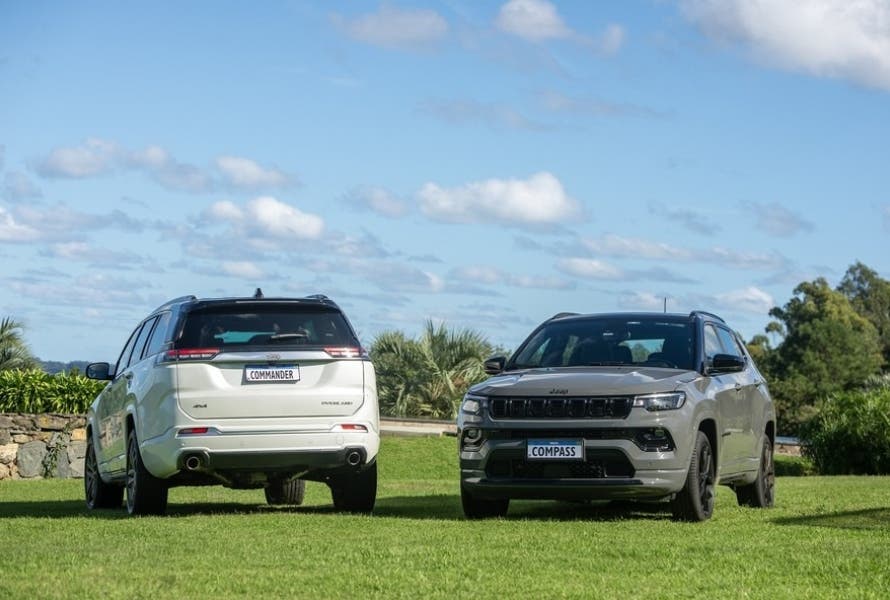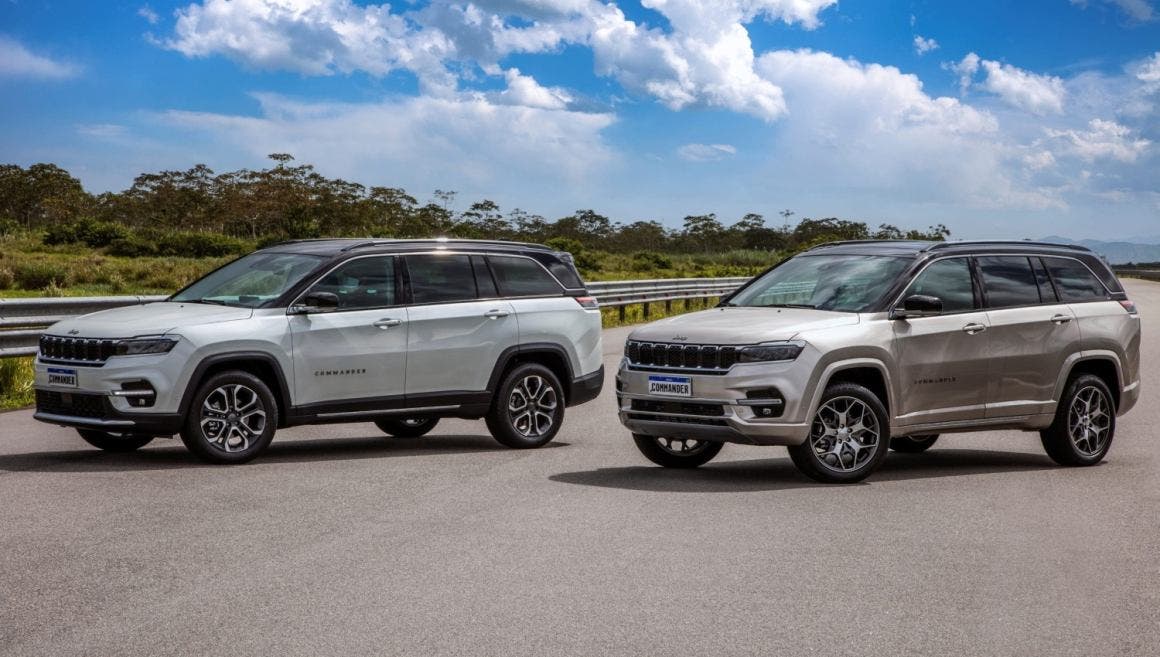Stellantis expedites steps into electrification in Brazil with the arrival of the Bio-Hybrid system on Jeep Compass and Commander models. A significant accomplishment combining technology innovation and tradition for more environmentally friendly mobility, without sacrificing the legendary performance of the Jeep brand.
Jeep Compass and Commander: new Bio-Hybrid system
Stellantis takes a decisive step toward electrification in Brazil with the introduction of the Bio-Hybrid system on Jeep Compass and Commander models. So this is an important step toward more sustainable mobility that thinks about the future without compromising on the legendary Jeep brand performance.
Stellantis has decided to put in place a decisive step toward electrification in Brazil with the introduction of the Bio-Hybrid system on two of its models that are most appreciated in the market. We are talking about the two models of Jeep Compass and Commander. This innovation represents a major milestone in Stellantis’ business strategy for a more sustainable future. All this, without ever sacrificing the performance and driving pleasure that is typical of Jeep and that the public so appreciates.

An innovative system for efficient driving is what this is all about. At the heart of the Bio-Hybrid is a 30-horsepower electric motor that sits alongside the already proven 1.3 GSE turbo flex gasoline engine, delivering a combined 210 horsepower and 27.5 kgfm of torque. A six-speed dual-clutch automatic transmission handles the power smoothly and precisely, while a 48-volt starter motor and 0.9 kWh lithium-ion batteries complete the kit and make it optimal.
The Bio-Hybrid system offers several concrete advantages. The first is definitely that of driving in electric mode: in fact, Compass and Commander Bio-Hybrid can move at low speeds (up to 30 km/h) in full electric mode. The situations in which this is possible are during parking maneuvers and heavy traffic. This makes it possible to reduce emissions and fuel consumption, especially in city settings. Another benefit is regenerative braking. During the act of braking, kinetic energy is recovered and used to recharge the batteries, further increasing the performance of the system. The last aspect is reserved for increased efficiency: in fact, fuel consumption is reduced by 7-20% compared to conventional versions, with an estimated consumption of about 12 km/l in the city using gasoline as fuel. Said in simple terms and for clarity, Compass and Commander Bio-Hybrid adopt a micro-hybrid system that makes them more fuel efficient, especially in the city, thanks to energy recovery under braking and the ability to travel electrically at low speeds. Simply speaking, the SUVs use an electric motor to move with zero emissions during parking maneuvers and in slow-moving traffic, with an electric range of about 1 km. The system, combined with a 180/185 hp turbo flex engine, increases overall efficiency and saves on fuel consumption in the city.

Along with the efficiency benefits we’ve discussed, the Bio-Hybrid system also offers a smoother and quieter driving experience, without penalizing the excellent performance that characterizes Jeep SUVs. For anyone who was looking for a versatile, efficient and environmentally conscious SUV, Jeep Compass and Commander Bio-Hybrid have all the characteristics to be the ideal choice. Such models manage to perfectly combine Jeep’s driving pleasure with the innovative Bio-Hybrid technology we’ve discussed, for a more sustainable mobility future that doesn’t lose sight of other key aspects for the public.

